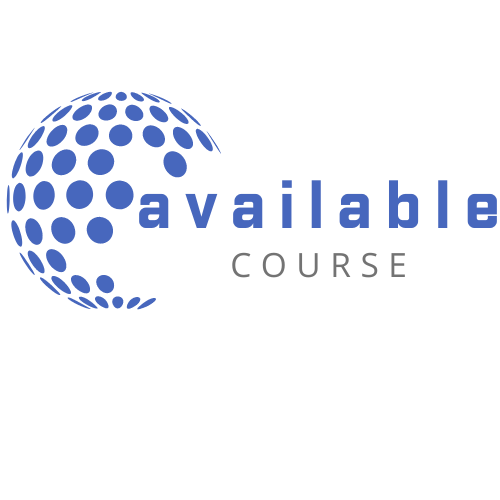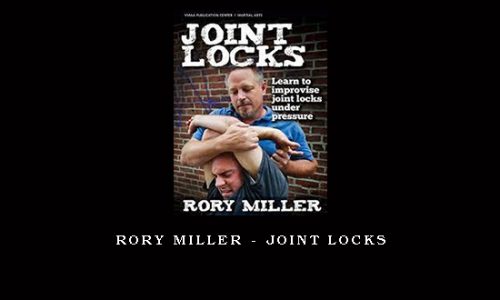
Rory Miller – Joint Locks

Download Rory Miller – Joint Locks on Avaicourse.com
This course is available immediately. Please contact us at [email protected] with the best service for more detailed advice.
Description
Joint locks can be used in real life situations for immobilize or severly injure an opposing threat. In this video, Rory Miller will give you an introduction to joint locks. He then will go over its principles along with many variations of joint locks including
- Hinge Joints
- Ball and Socket Joints
- Gliding Joints
- Fingers
- And much more
Rory Miller with then show a few drills you can do yourself along with how you can escape a lock.
More information about Lifestyle:
Lifestyle is the interests, opinions, behaviours, and behavioural orientations of an individual, group, or culture.
The term was introduced by Austrian psychologist Alfred Adler with the meaning of “a person’s basic character as established early in childhood”.
For example, in his 1929 book “The Case of Miss R.”. The broader sense of lifestyle as a “way or style of living” has been documented since 1961.
Lifestyle is a combination of determining intangible or tangible factors.
Tangible factors relate specifically to demographic variables, i.e. an individual’s demographic profile,
whereas intangible factors concern the psychological aspects of an individual such as personal values, preferences, and outlooks.
A rural environment has different lifestyles compared to an urban metropolis.
Location is important even within an urban scope.
The nature of the neighborhood in which a person resides affects the set of lifestyles available
to that person due to differences between various neighborhoods’ degrees of affluence and proximity to natural and cultural environments.
For example, in areas near the sea, a surf culture or lifestyle can often be present.
Download Rory Miller – Joint Locks on Avaicourse.com
Self Help – Self Help online course
More information about Self Help:
Self-help or self-improvement is a self-guided improvement—economically, intellectually, or emotionally—often with a substantial psychological basis.
Many different self-help group programs exist, each with its own focus, techniques, associated beliefs, proponents and in some cases, leaders.
Concepts and terms originating in self-help culture and Twelve-Step culture, such as recovery, dysfunctional families, and codependency have become firmly integrated in mainstream language.
Self-help often utilizes publicly available information or support groups, on the Internet as well as in person, where people in similar situations join together.
From early examples in self-driven legal practice and home-spun advice, the connotations of the word have spread and often apply particularly to education, business,
psychology and psychotherapy, commonly distributed through the popular genre of self-help books.
According to the APA Dictionary of Psychology, potential benefits of self-help groups that professionals may not be able to provide include friendship,
emotional support, experiential knowledge, identity, meaningful roles, and a sense of belonging.
More Courses: SELF HELP – LIFESTYLE
Outstading Courses: Rory Miller
Course Features
- Lectures 0
- Quizzes 0
- Duration 10 weeks
- Skill level All levels
- Language English
- Students 17
- Assessments Yes



